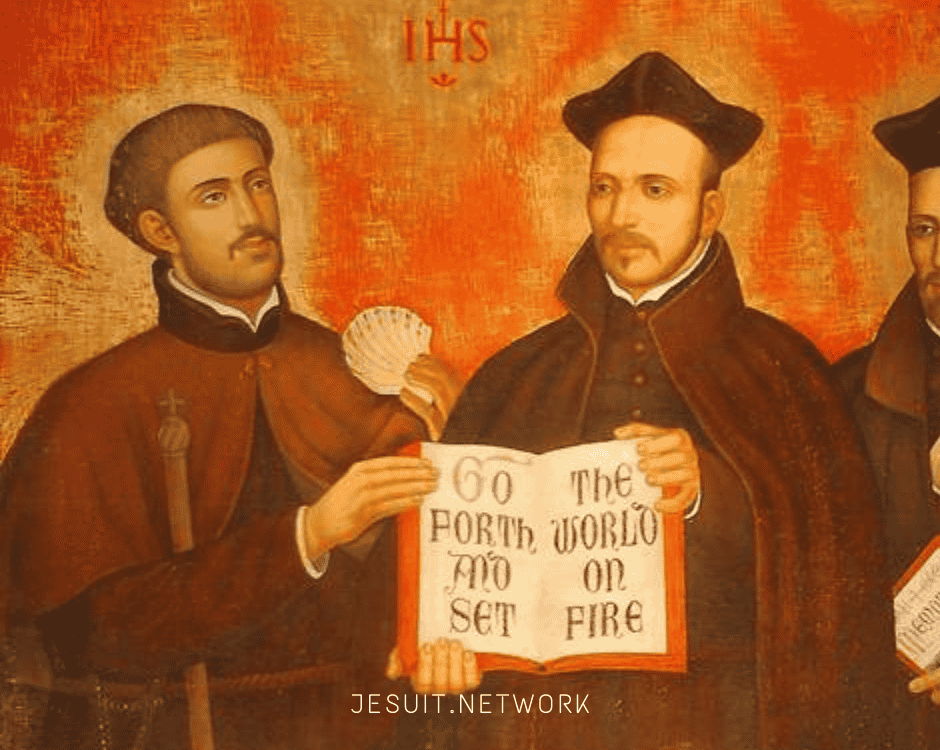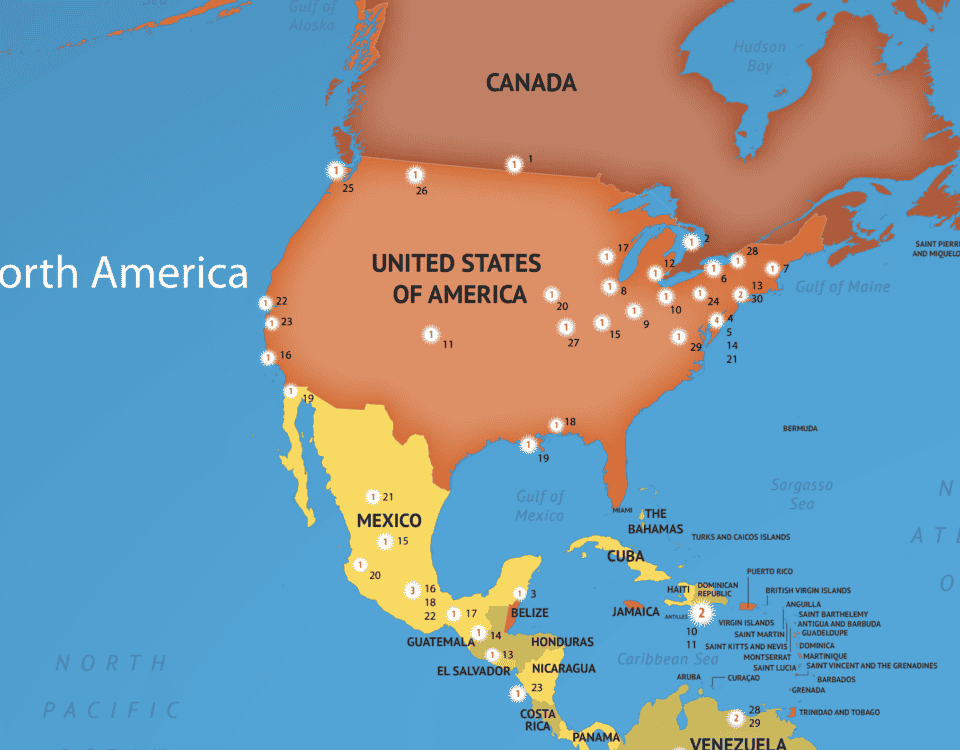This website uses cookies so that we can provide you with the best user experience possible. Cookie information is stored in your browser and performs functions such as recognising you when you return to our website and helping our team to understand which sections of the website you find most interesting and useful.
Moving ahead in democracy and solidarity: 10 challenges for 2018 (second part)
(For its extension, this article is divided into two parts. This is the second part. The first part was recently published here).
As I mentioned in the first part of this article, poverty, inequality, the refugee crisis and climate change are fundamental challenges which need to be urgently addressed by the international community in 2018 with the implementation of the Sustainable Development Goals and the 2030 Agenda and its necessary funding. Girls and women are, without doubt, the most affected by the aforementioned problems, due to the discrimination against women in all parts of the world. Therefore, the seventh essential challenge for 2018 must be to promote women’s rights. Time Magazine has appointed seven women as people of the year in allusion to those who dared to publicly denounce the episodes of sexual harassment in Hollywood as part of the #MeToo movement. We must connect very different causes and situations if we want women’s rights movements to bring about substantive changes. The situations experienced by women and girls around the world differ from each other in their causes and contexts, yet they all share the common foundation of patriarchy, built on sexual violence or rape as a weapon of war, child marriage, wage inequality and obstacles to women’s participation in the political arena.
And if we talk about participation in the political realm, 2017 has been a year in which spaces for civil society have continued to be cut and the persecution and harassment of human rights defenders in different parts of the world have increased. We stand in solidarity with Fr. Ismael (Melo) Moreno and other activists in Honduras and we will closely follow the investigation to which the Spanish activist, Helena Maleno, is being held for her work with immigrants in the Southern Border. As an eighth challenge, it is urgent to recover the spaces for freedom, freedom of expression and exercise of rights of the civil society. It is imperative to defend those who defend fundamental rights, democracy and the environment of those who are most vulnerable and live in the most devastated areas of the planet.
We must do the opposite than cutting off spaces: we need to deepen and expand democracy. This is the ninth challenge. The economic crisis of 2008 generated, among other things, a deep discomfort and frustration in people who saw, for the first time, their living conditions worsen with respect to the previous generations. These are people who feel lost and expelled from the process of globalization, who feel threatened by the delocalization of work and growing inequality, by uncertainty and precariousness in employment, by austerity policies and cuts in benefits.
The growing inequality has a very negative influence on democracy because it breaks the basic democratic principle of “one person, one vote”. There is a large percentage of people who feel that the objective is not to govern in behalf of the majority, but rather, that an elite controls the political and economic power. Trust in politics, political representatives and the traditional political parties have broken and, in turn, those who present themselves as “politicians outside the establishment” –who are not professional politicians and/or represent varied forms of populism-obtain votes. Mistrust, confusion, or the lack of mechanisms for global governance, among other factors, encourage those parties and people who advocate for a return to a nationalistic environment, to protectionism, to the closing of borders and, in short, to everything that the world was before the globalization process –of which they feel losers. We must regain confidence in institutions, expanding democracy and the participation of citizens in the issues that directly concern them, throughout information, transparency and debates. Corruption and tax evasion scandals –such as the Panama Papers scandal- reduce the income that should be allocated to basic social services and must be tackled at their roots. It is essential that policies are oriented towards the common good and the guarantee of fundamental rights of individuals and groups, especially those of the most disadvantaged.
Also education –quality, equitable, inclusive, transformative education- is essential to face all these challenges. The education crisis is a challenge to face in itself and it constitutes the 10th challenge for 2018. As UNESCO has mentioned, there are still 264 million children and young people who do not have access to primary and secondary school. To this number must be added the millions of children affected by the global learning crisis referred to in the latest World Bank Report. Moreover, it is urgent to move to a more humanistic education, which is not based solely on profitability, employability or profit –and which leaves no one behind, but promotes an integral development based on the basic pillars that the Delors Commission collected in 1996: learning to learn, to do, to be, and to live together. We need an education that promotes an adequate understanding of the world, the orientation towards the common good and the sense of belonging to a global community, a shared citizenship willing to assume responsibilities in the common destiny of humanity.
Although the challenges are enormous and the picture seems overwhelming, there is room for hope, and we, as Jesuit social organizations, must nurture that hope. The reasons for hope are found in the advances and struggles (and sometimes conquests) of rights; in the people and organizations fighting against adverse circumstances, in the resilience of communities, in the defenders of human rights, in the thousands of people who, in different ways, contribute to the creation of a better world for all. This is why it is imperative to build promising, prophetic, exciting, mobilizing discourses and actions, based on the common good and justice with the excluded and most vulnerable in our societies and, in contraposition to the discouraged, exclusive and negative discourses based on the criminalization of the most vulnerable. As the Cristianisme i Justícia team points out, it is about reaching global consensus aimed at seeking the universal common good, broadening and deepening democracy in the sense of freedom and in the increase of fraternity.
And, what do we lack? Above all, will and political leaders committed to face these challenges in a positive way and greater organized citizen commitment. We must demand from our representatives and lead by example the following: to become co-responsible for the construction of a more just, equitable and sustainable world for all people. In short, a world in which the human rights of all are fulfilled.
This is an adapted version in English of the post published originally in Spanish in the blog of Cristianisme i Justícia.
Image: Sergi Cámara/Entreculturas





